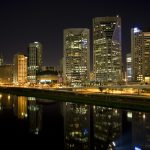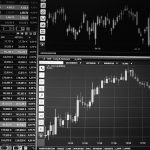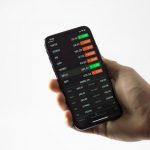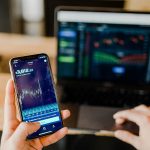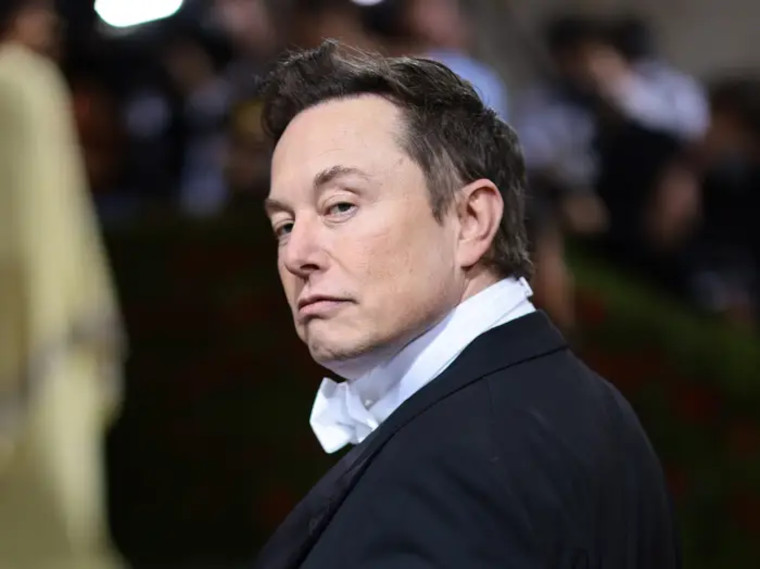Elon Musk is one of the defining figures of our times. Some see him as a world-saving hero, others as a Bondian villain. Sometimes an eccentric, almost trillionaire, and dangerous influencer. Musk leaves no one indifferent.
Even the most disconnected from the business world know and have an opinion of him. While not the first, Steve Jobs and Bill Gates could have beaten him to the punch, Musk is the epitome of a business rockstar. A real-life Tony Stark minus the sci-fi armor and super heroics. But not for lack of trying!
Musk is known best for his Tesla and SpaceX brands and the controversial purchase of one of the public squares of the Internet, Twitter.
But what is it about him that provokes such heated reactions? Is it his persona? His actions? His wealth? Or his political stance?
Find out as we dive into the character that is Elon Musk.
Elon Reeve Musk was born in Pretoria, South Africa, on June 28, 1971. His parents are Maye Musk, a Canadian-born dietician, and Errol Musk, a man of multiple trades and, more notoriously, stake owner of an emerald mine in Zambia, which, according to himself, made the Musk family wealthy.
His maternal grandfather, Joshua Haldeman, was also well-known for breaking records by taking his family in a single-engine Bellanca airplane to Africa and Australia.
Musk has two younger siblings, Kimbal and Tosca, and two estranged younger half-siblings.
Musk has Asperger’s Syndrome, which puts him on the Autism Spectrum.
After high school, Musk moved to Canada, where he enrolled at Queen’s University in Kingston, Ontario, before transferring to the University of Pennsylvania. There he completed studies for a Bachelor of Arts degree in physics and a Bachelor of Science degree in Economics from the Wharton School.
While an up-and-coming entrepreneur, he founded Zip2 with his brother Kimbal and Greg Kouri, which provided licensed City Guide software for newspapers. Zip2 soon found contracts with some of the country’s largest newspapers and, later, were bought by Compaq for over 300 million dollars, with Musk receiving 22 million for his 7% share.
In 1999 he co-founded X.com, an online bank and e-mail payment company, later merging with Confinity, a Software company that later became PayPal. When PayPal was sold to eBay in 2002 for 1,5 billion worth of stock, Musk was still the largest shareholder, thus netting 175,8 million.
Despite the runaway success while barely 30 years old, Musk’s popularity links to his SpaceX and Tesla ventures. Tesla and SpaceX were risky ventures and were on the cusp of failing even before they could start. Musk knew it but still bet his fortune and reputation on them succeeding. And, incredibly so, they did.
Thus the legend of Elon Musk was truly born.
Media attention helped his growing popularity and helped him voice his stated intentions to advance human civilization to make the world a better place.
It’s no wonder that he has gained notoriety for being a real-life Tony Stark, the fictional billionaire known as the superhero “Iron Man,” who decides to use his vast wealth and intellect to save the world. In the Avengers movies, Stark even claims to create a “suit of armor around the world,” like a global agenda, to protect Earth from threats.
This notoriety has, however, revealed itself to be a double-edged sword.
When comedian and political commentator Stephen Colbert said he owned a Tesla, the crowd reacted positively, which is a testament to the brand’s popularity. However, this notoriety also made his social faux pas and somewhat social awkwardness much louder.
Take the controversy due to the Tham Luang rescue. Or his appearance on Joe Rogan’s podcast, where consumption of cannabis led to a significant amount of backlash, especially to SpaceX. Or his children’s naming conventions.
It hit a fever pitch when he proposed to purchase Twitter itself, which led to a long process that ended up with Musk successfully owning it. There were several overhauls to that social media app. Still, most were highly controversial, such as allowing banned accounts to return, including former President Donald Trump and many conservative talking heads like psychologist Jordan Peterson, the kickboxer-turned-internet-personality Andrew Tate, and the media group Project Veritas. This fact has put Musk into straight villainy to some, with many celebrities announcing their departure from Twitter, with the media tarring him as a dangerous despot. Now, Musk might as well be Lex Luthor, Superman’s arch-enemy and morally corrupt billionaire.
His political outspokenness turned some who once championed him against him, especially as he began espousing a right-wing, conservative bent on his social network, Twitter. Buying Twitter seems to bring to light the conservative side of Musk. Before that, he was admittedly moderately left-wing bent. Musk stated he was primarily uninterested in politics, though he supported Biden and other democrats before him, like Obama and Hillary Clinton. After owning Twitter, though, he became outright conservative, anti-globalist, and anti-woke. Either Musk is playing the attention economy card to his advantage, or we’re witnessing the birth of Twitter becoming a mainstream conservative platform before our eyes.
Musk’s dedication, business acumen, and controversies could also sprout from his Asperger’s. Still, others with the same condition didn’t garner the same notoriety. It also casts certain moments from his past in a different light, such as being removed from being Zip2’s CEO or firing from PayPal.
Even his family’s fortune has been under scrutiny due to his father Errol’s stake ownership of an emerald mine, which may or may not have had slave labor.
All of this made him unfairly a target, such as the recent mass-firing at Twitter, which garnered severe criticism, along with some of the changes he made to the platform since the buyout. While all this might seem alarming, the truth is that many tech companies also had lay-offs that surpassed those on Twitter by a considerable amount but did not gather as much criticism.
And while his Hyperloop and Neuralink projects have been struggling and have faced a great deal of skepticism, it’s not that different from the growing pains Tesla, and SpaceX suffered once before.
So, is Elon Musk a hero or a villain? Opinions are more divided than ever due to the current political climate and Musk’s fueling that particular fire. However, the truth remains that Tesla and SpaceX are power brands and potential tools to serve Musk’s purposes. There’s no denying his accomplishments, and many admirers in high places swear on his effectiveness. Musk’s status, business acumen, fortune, and outside-the-box thinking may make him the perfect candidate as the world’s ultimate hero or villain.
According to the Bloomberg Billionaires Index and Forbes’ real-time billionaires’ list, he remains one of the wealthiest people in the world. If humanity eventually replaces all fossil fuel for electric transportation and becomes a space-faring civilization, Musk played a considerable part in making that come true, and how much of a net positive that is.
For now, we have the superstar, the philanthropist, the visionary, the instigator, and the madman.

